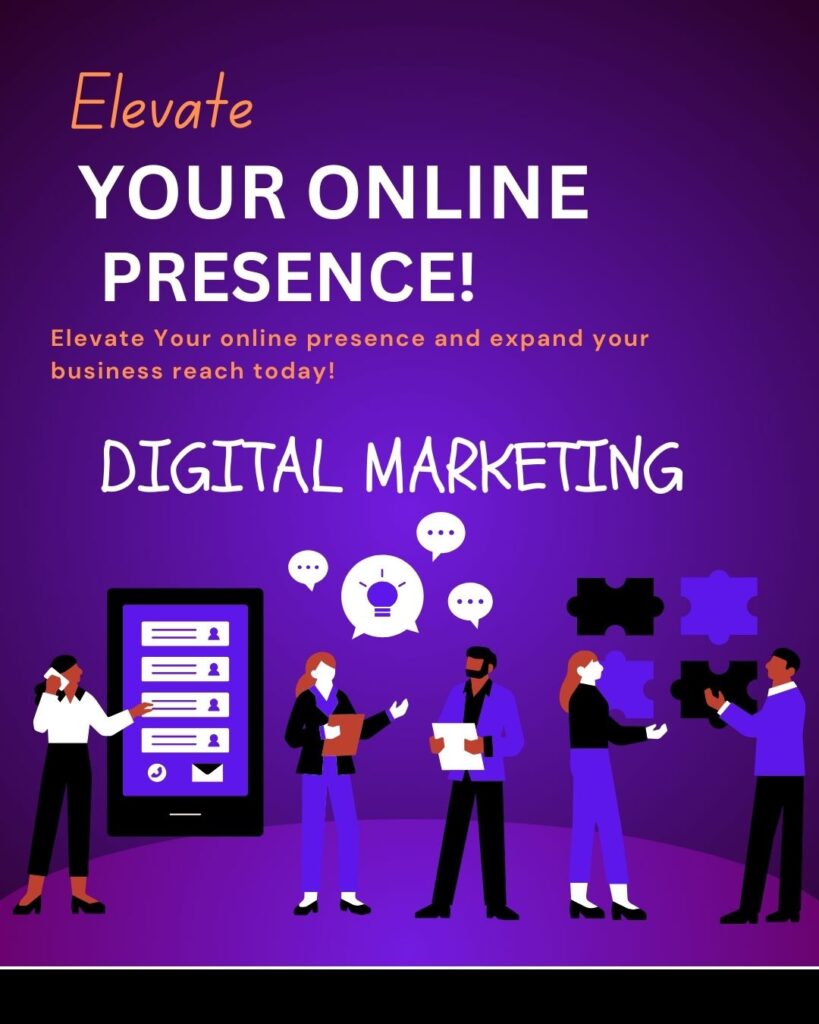In today’s fast-paced and technology-driven world, digital marketing has emerged as a cornerstone of business success. It has revolutionized the way companies reach, engage, and interact with their target audience. As more consumers shift to online platforms for shopping, research, and communication, businesses must adapt to stay relevant. Here’s why digital marketing is indispensable in modern business.
1. Enhanced Reach and Accessibility
One of the most significant advantages of digital marketing is its ability to reach a global audience. Unlike traditional marketing methods, which are often limited by geography, digital marketing allows businesses to connect with potential customers across the globe. Whether through social media, search engines, or email campaigns, businesses can make their products and services accessible to a broader audience.
2. Cost-Effective Strategies
Digital marketing is often more cost-effective than traditional marketing methods. Platforms like Google Ads, Facebook Ads, and email marketing allow businesses to set budgets and target specific demographics. This precision ensures that marketing efforts are directed toward those most likely to convert, maximizing return on investment (ROI).
3. Measurable Results
One of the key benefits of digital marketing is its measurability. Tools like Google Analytics, SEMrush, and HubSpot enable businesses to track their campaigns’ performance in real-time. Metrics such as website traffic, conversion rates, and customer engagement provide insights into what’s working and what needs improvement.
4. Targeted Advertising
Digital marketing allows businesses to create highly targeted campaigns. By leveraging data such as user demographics, interests, and online behavior, businesses can deliver personalized messages that resonate with their audience. This level of customization increases the likelihood of conversion and fosters customer loyalty.
5. Improved Customer Engagement
With digital marketing, businesses can engage with their customers more effectively. Social media platforms like Instagram, Twitter, and LinkedIn provide avenues for direct communication, allowing companies to address customer queries, receive feedback, and build lasting relationships. Engaged customers are more likely to become brand advocates, driving organic growth.
6. Adaptability and Innovation
The digital landscape is constantly evolving, offering businesses opportunities to innovate. Emerging trends like artificial intelligence (AI), voice search optimization, and influencer marketing enable companies to stay ahead of the curve. By embracing these trends, businesses can maintain a competitive edge in their industry.
7. Building Brand Awareness
Digital marketing is instrumental in building brand awareness. Consistent and creative online presence—through blogs, videos, social media posts, and search engine optimization (SEO)—helps establish a brand’s authority. A strong online presence makes it easier for customers to recognize and trust the brand.
8. Catering to Mobile Users
With the majority of internet users accessing content via mobile devices, digital marketing ensures businesses can cater to this audience. Mobile-friendly websites, apps, and location-based marketing strategies help businesses connect with customers on the go.
In a world where digital presence often determines a business’s success, digital marketing is no longer optional—it’s essential. It provides businesses with the tools to reach their target audience, drive engagement, and achieve their goals effectively. As technology continues to advance, the role of digital marketing will only become more pivotal in shaping the future of business.
